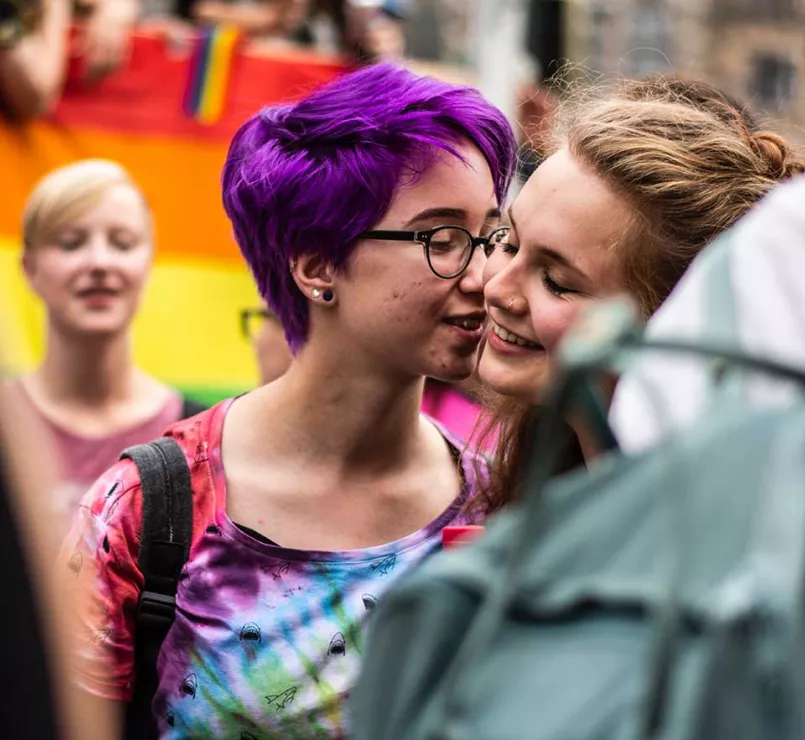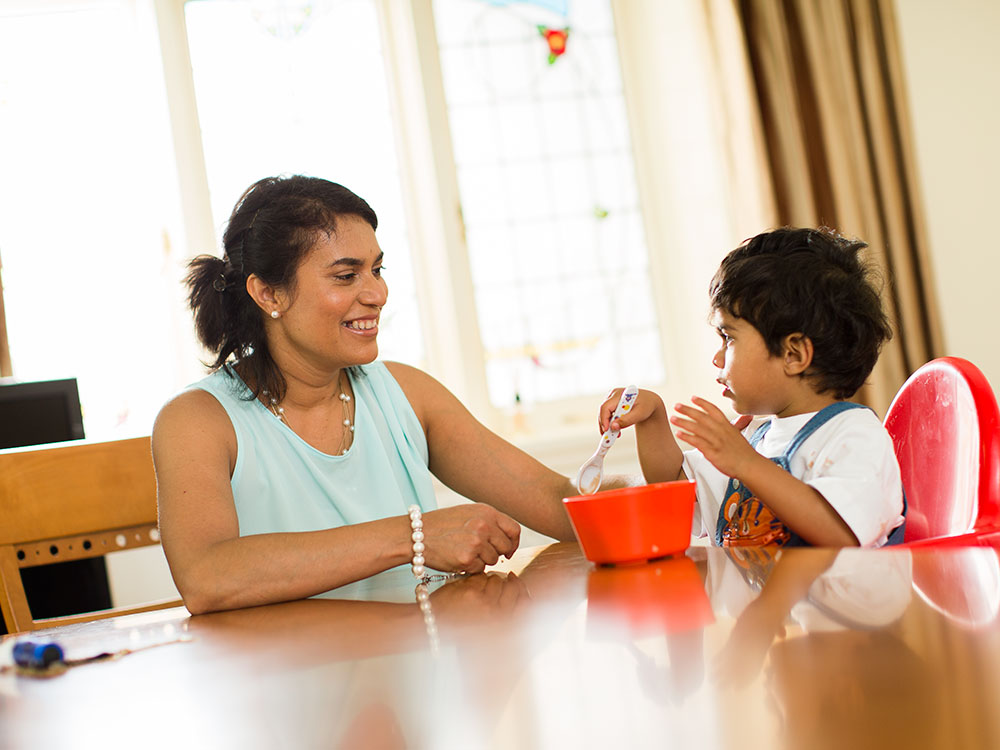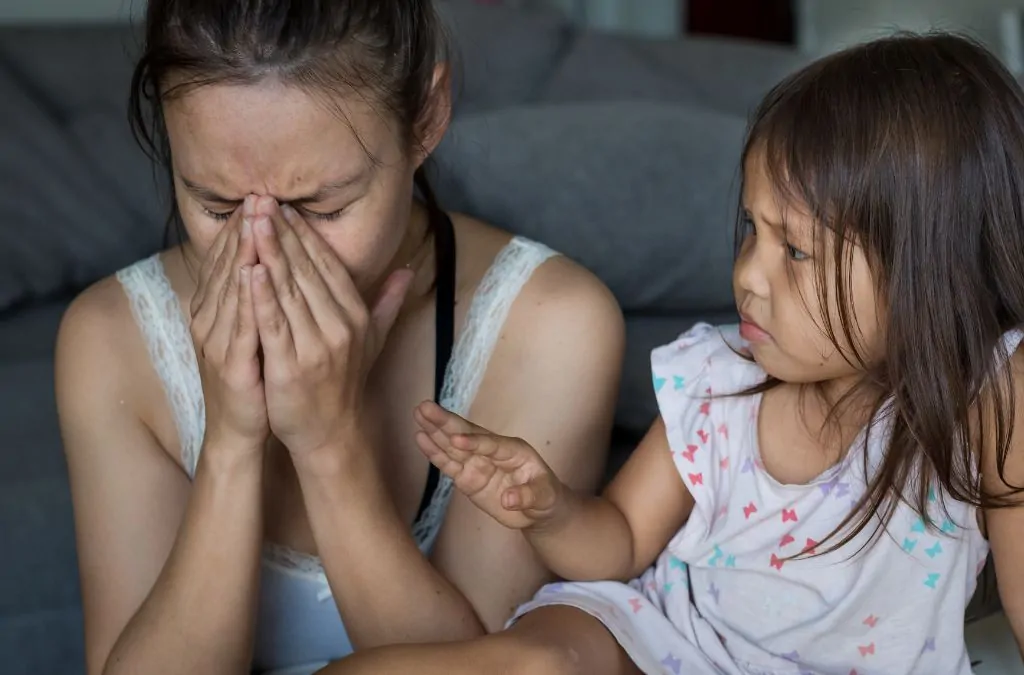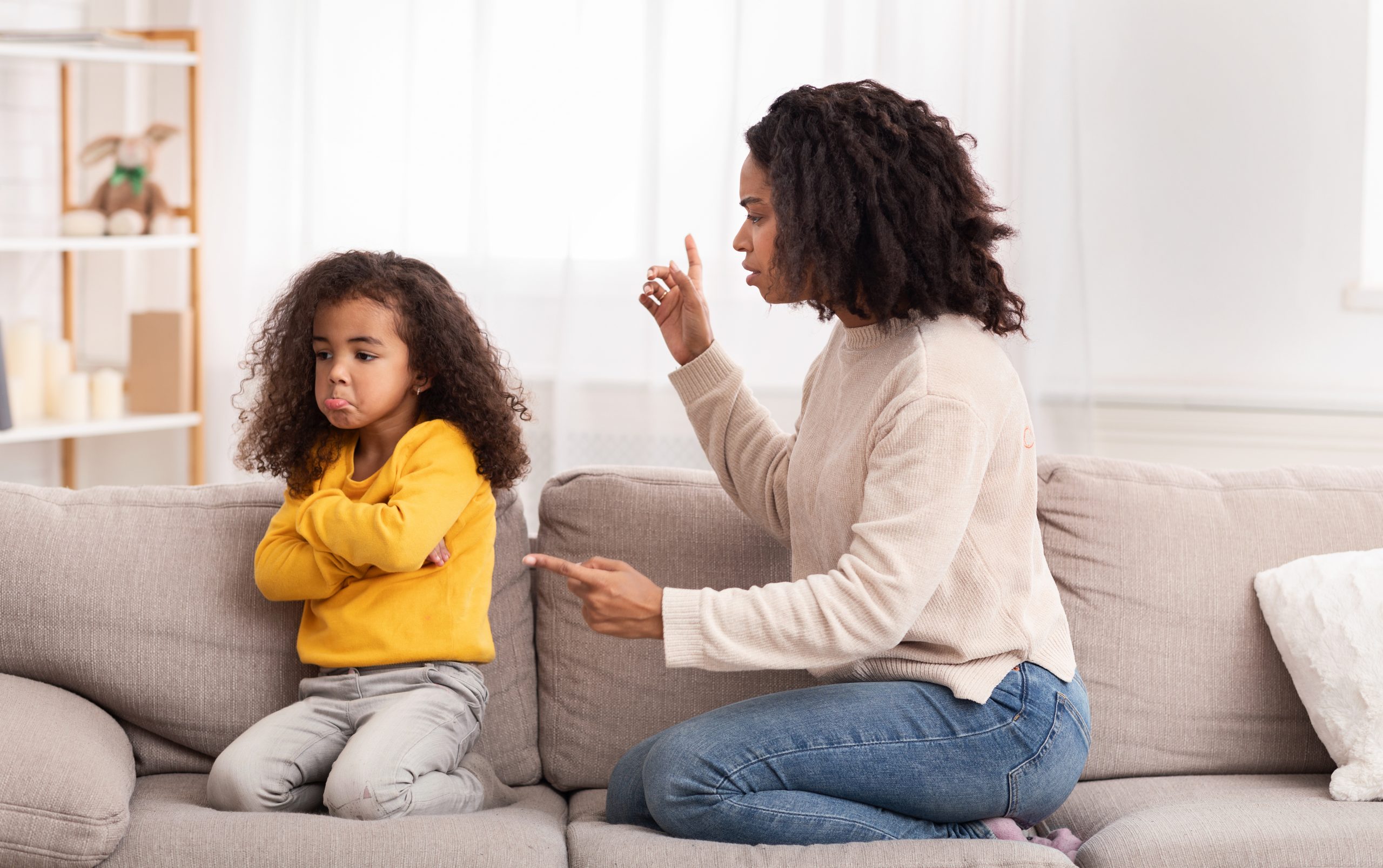7 Best Approaches for Sexuality Talks With Lgbtq+ Youth
When talking about sexuality with LGBTQ+ youth, prioritize trust and confidentiality. Listen actively and validate their experiences. Use inclusive language, respect preferred pronouns, and affirm their identities. Provide supportive resources like mental health services and LGBTQ+ organizations. Challenge stereotypes, combat discrimination, and promote self-acceptance and empowerment. Celebrate uniqueness and stand tall in your truth. Remember, creating a safe and inclusive space is key to nurturing open conversations about identity and experiences.
Key Takeaways
- Prioritize creating a safe, non-judgmental space for open discussions.
- Respect preferred pronouns and affirm gender identities.
- Provide access to LGBTQ+-friendly resources and support services.
- Challenge stereotypes and promote understanding to combat discrimination.
- Encourage self-acceptance, empowerment, and authenticity in conversations.
Establishing Trust and Confidentiality
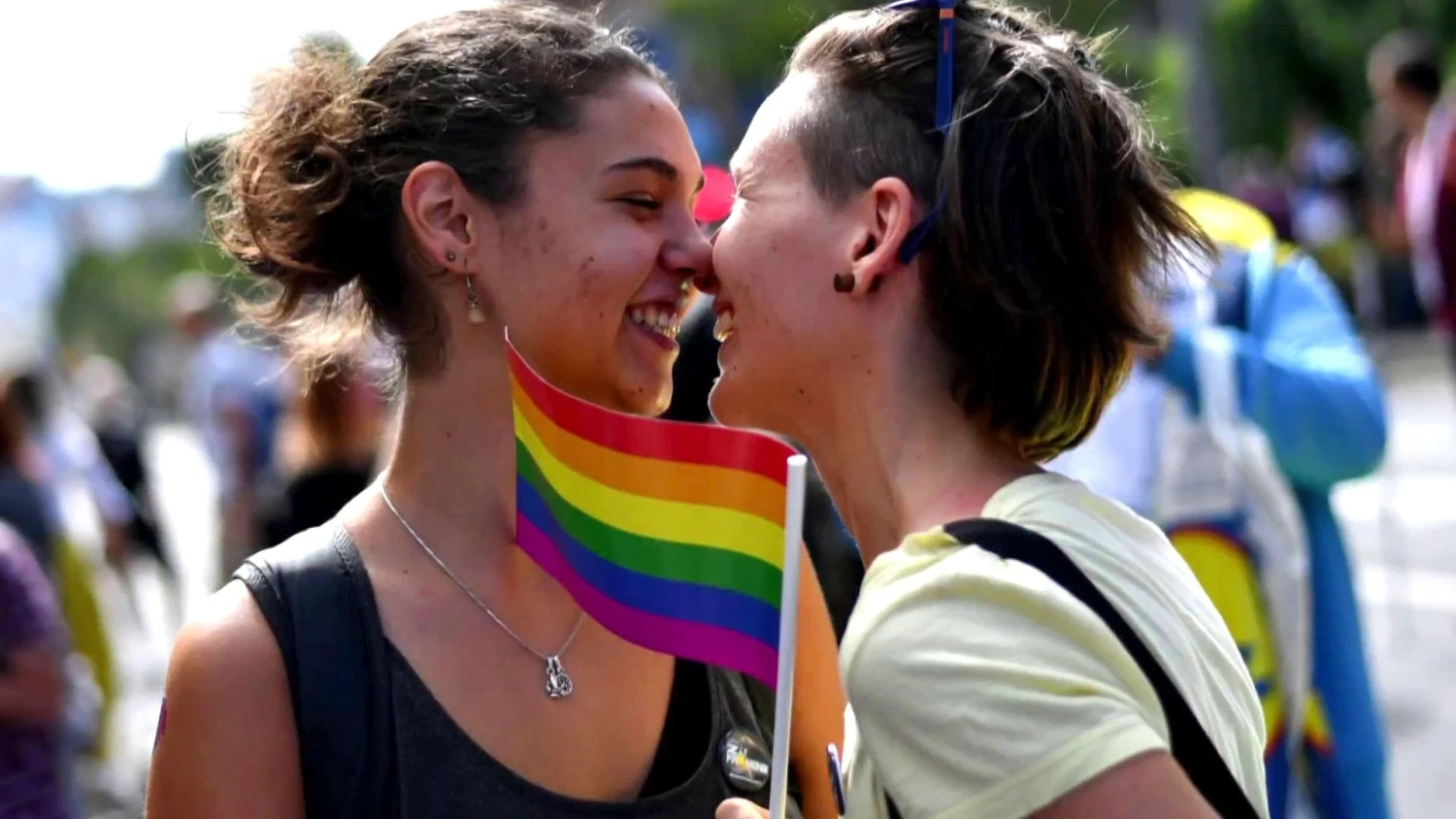
To create a safe space for LGBTQ+ youth, it’s essential to prioritize establishing trust and confidentiality in your discussions about sexuality. Building rapport is critical; it helps in fostering a relationship based on mutual respect and understanding.
As you engage in conversations about sexuality, make sure that you’re actively listening, validating their experiences, and showing empathy. By demonstrating genuine care and support, you can create an environment where LGBTQ+ youth feel comfortable opening up about their thoughts and feelings.
Maintaining boundaries is equally important. Clearly communicate the limits of confidentiality to instill trust while also respecting their privacy. Let them know what information will be kept confidential and when you might need to involve other professionals for their well-being.
Upholding these boundaries shows your dedication to their safety and reinforces the foundation of trust you’re working towards building. Remember, creating a safe and confidential space is key to supporting LGBTQ+ youth in exploring and navigating their sexuality.
Using Inclusive Language and Terms
When talking with LGBTQ+ youth about sexuality, it’s essential to respect their preferred pronouns and educate yourself on the proper terminology to use.
By using inclusive language, you create a safe and welcoming environment where these individuals feel seen and accepted for who they are.
Respect Preferred Pronouns
Respecting preferred pronouns and using inclusive language is essential when engaging in conversations with LGBTQ+ youth. Normalize the practice of asking for and using individuals’ preferred pronouns.
When you validate someone’s pronouns, you’re affirming their gender identity and creating a safe space where they feel seen and respected.
Remember, using the correct pronouns is a simple yet powerful way to show support for LGBTQ+ individuals. If you’re unsure about someone’s pronouns, don’t hesitate to politely ask.
It’s better to seek clarification than to make assumptions that could harm or invalidate someone’s identity.
Incorporating inclusive language into your conversations is another critical aspect of respecting preferred pronouns. Avoid using gendered language when it’s not necessary and opt for gender-neutral terms whenever possible.
Educate on Terminology
Understanding and using inclusive language and terms is vital when engaging in conversations with LGBTQ+ youth to foster a supportive and inclusive environment. Educating yourself on the correct terminology shows that you respect and understand their identities. Using terms like ‘cisgender,’ ‘genderqueer,’ or ‘non-binary‘ correctly promotes acceptance and validates their experiences.
It’s essential to recognize that language is a powerful tool in shaping attitudes and perceptions. By familiarizing yourself with LGBTQ+-inclusive vocabulary, you create a safe space where individuals feel seen and respected for who they are.
Acknowledging and using the preferred terms that individuals identify with not only shows empathy but also demonstrates a willingness to learn and grow.
Encouraging Open Communication
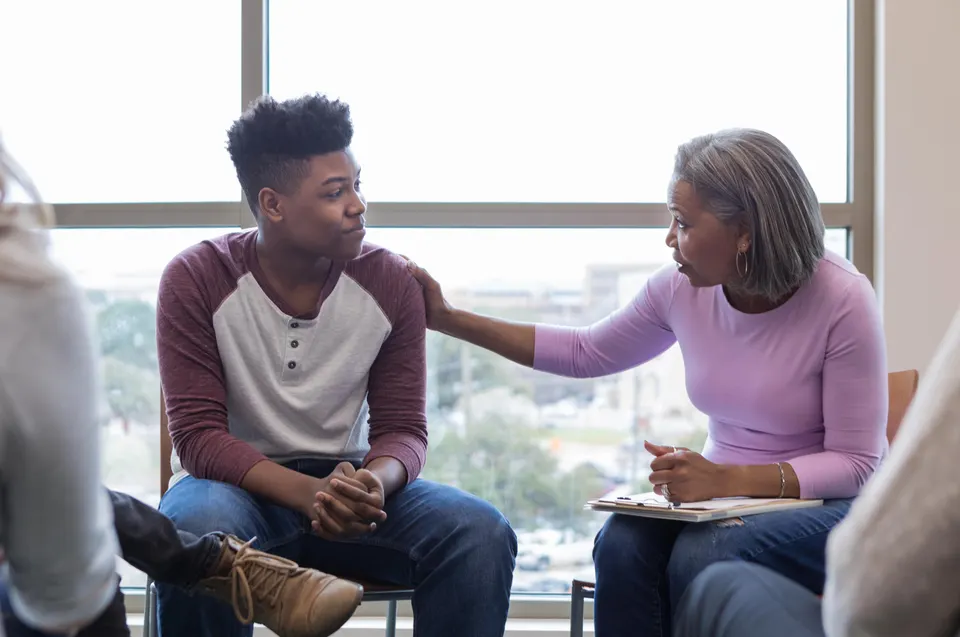
To foster a safe and open environment for discussions about sexuality with LGBTQ+ youth, it’s crucial to prioritize active listening and create a non-judgmental space for them to share their thoughts and feelings.
Building rapport is essential in encouraging open communication. Start by showing genuine interest in their experiences, asking open-ended questions, and respecting their perspectives. This helps establish trust and lets them know that you’re there to support them.
Creating space for LGBTQ+ youth to express themselves without fear of criticism is pivotal. Emphasize confidentiality and reassure them that their privacy is respected. Encourage them to share at their own pace, without pressure.
Acknowledge their feelings and validate their experiences, showing empathy and understanding. By fostering an environment where they feel heard and accepted, you can pave the way for meaningful conversations about sexuality and relationships.
Providing Resources and Support
You can provide LGBTQ+ youth with valuable support by recommending supportive resources that cater to their unique needs.
Encouraging them to connect with the community can foster a sense of belonging and acceptance.
Additionally, ensuring access to mental health support is essential for their overall well-being and resilience.
Supportive Resource Recommendations
Explore a variety of inclusive and affirming resources tailored to LGBTQ+ youth to guarantee they’ve access to essential support and information. Online forums provide a platform for youth to connect with others who share similar experiences while counseling offers a safe space to discuss personal challenges. Support groups create a sense of community and belonging, fostering understanding and acceptance. Hotlines offer immediate assistance and guidance in times of crisis, ensuring that help is readily available.
When seeking resources for LGBTQ+ youth, consider organizations like The Trevor Project or GLSEN, which provide valuable support and advocacy.
Online forums such as TrevorSpace or EmptyClosets offer spaces for youth to express themselves and seek advice from peers.
Counseling services like those provided by local LGBTQ+ community centers or specialized therapists can offer personalized support.
Support groups organized by LGBTQ+ centers or youth organizations can be a great way to build connections and find solidarity.
Hotlines like the LGBT National Help Center or Trans Lifeline offer critical support and information 24/7.
Encouraging Community Connections
Consider connecting LGBTQ+ youth with diverse community resources and support systems to foster a sense of belonging and understanding.
Encouraging community connections can greatly benefit LGBTQ+ youth by providing them with opportunities to engage in LGBTQ+ events, workshops, and other activities that celebrate their identities. These events not only offer a safe space for self-expression but also allow for networking and building relationships with others who share similar experiences.
Peer support and mentorship programs are invaluable resources that can offer guidance, advice, and a sense of community to LGBTQ+ youth. By connecting with peers who understand their struggles and mentors who can provide valuable insights, LGBTQ+ youth can feel supported and empowered in their journey of self-discovery and acceptance.
Incorporating LGBTQ+ youth into these community networks can help combat feelings of isolation and provide a sense of camaraderie. Encouraging their participation in such events and programs can foster a strong support system that nurtures their mental well-being and overall growth.
Mental Health Support
Connecting LGBTQ+ youth with mental health resources and support systems is essential for fostering their well-being and providing them with the necessary assistance in maneuvering their unique challenges. Peer support can play a significant role in helping LGBTQ+ youth feel understood and accepted. By connecting with peers who share similar experiences, they can find comfort and solidarity. Encouraging LGBTQ+ youth to engage in peer support groups or online communities can create a sense of belonging and reduce feelings of isolation.
In addition to peer support, professional counseling is vital for LGBTQ+ youth to address mental health concerns effectively. Trained counselors who specialize in working with LGBTQ+ individuals can offer tailored support and guidance. Professional counseling provides a safe space for youth to explore their thoughts and emotions, develop coping strategies, and work through any internalized stigma or discrimination they may face.
Respecting Autonomy and Self-Expression

When engaging in discussions with LGBTQ+ youth about sexuality, it’s important to prioritize respecting their autonomy and self-expression throughout the conversation. Recognizing their autonomy means acknowledging their right to make decisions about their own bodies and identities.
Foster an environment of trust by assuring confidentiality, so they feel safe to share their thoughts and feelings openly.
Encouraging self-expression allows LGBTQ+ youth to explore and embrace their identities without judgment. Listen actively and validate their experiences to show that you respect and support their journey.
Emphasize that their feelings are valid and worthy of consideration, helping them feel empowered in their self-discovery.
Addressing Stigma and Discrimination
To support LGBTQ+ youth in managing their sexuality, it’s important to address the stigma and discrimination they may face in society. Challenging stereotypes and promoting understanding are vital steps in creating a more inclusive environment for these individuals.
By educating others about the diverse experiences within the LGBTQ+ community, we can break down harmful misconceptions and foster acceptance.
Fostering acceptance and combating prejudice go hand in hand in creating a safe space for LGBTQ+ youth to explore and express their sexuality freely. It’s essential to speak out against discriminatory behaviors and advocate for equal rights and opportunities for all individuals regardless of their sexual orientation or gender identity.
Promoting Self-Acceptance and Empowerment

Encouraging LGBTQ+ youth to embrace their authentic selves and feel empowered in their identities is crucial for promoting self-acceptance and empowerment. Building confidence and empowerment starts with recognizing that your identity is valid and deserving of respect. It’s vital to cultivate a supportive environment where self-love and acceptance are fostered.
Remember, you have the right to be proud of who you are, regardless of societal norms or expectations.
Empowerment comes from within; it’s about acknowledging your worth and standing tall in your truth. Take the time to celebrate your uniqueness and the diversity you bring to the world. Surround yourself with positive influences that uplift and inspire you to be unapologetically yourself.
Frequently Asked Questions
How Can I Help My Lgbtq+ Child Navigate Dating and Relationships?
When helping your LGBTQ+ child navigate dating and relationships, offer relationship advice and discuss healthy dating boundaries openly. Show love, support, and understanding, creating a safe space for them to explore their identities and express themselves authentically.
What Are Some Ways to Support Lgbtq+ Youth in School Settings?
In school settings, it’s essential to create safe spaces for LGBTQ+ youth. Education should promote inclusivity and support for all students. By fostering understanding and acceptance, we can help everyone thrive.
Are There Specific Healthcare Providers Who Are Lgbtq+-Friendly?
Seeking out LGBTQ+ inclusive therapists who understand your unique needs and LGBTQ+ aware medical professionals who provide affirming care is crucial. Make sure to find healthcare providers who respect and support your identity.
How Can I Address Religious or Cultural Conflicts With Lgbtq+ Identity?
When addressing religious conflicts with LGBTQ+ identity, acknowledge diverse beliefs. Emphasize love, respect, and open dialogue. For cultural clashes, seek understanding and bridge gaps through education and empathy. Support and validate their journey.
What Are the Legal Rights and Protections for Lgbtq+ Youth?
You have the right to be free from workplace discrimination based on sexual orientation or gender identity. Additionally, some states have restrictions on conversion therapy for LGBTQ+ youth, ensuring their protection and well-being.
Conclusion
To sum up, when discussing sexuality with LGBTQ+ youth, remember to prioritize trust, communication, and support.
Use inclusive language, provide resources, and address stigma.
Respect their autonomy and encourage self-acceptance.
By creating a safe and empowering environment, you can help them navigate their identities and experiences with confidence and empowerment.
Remember, you aren’t alone in this journey – together, we can make a positive impact on the lives of LGBTQ+ youth.

Hey there! 👋 I’m a proud mom and passionate writer, sharing my parenting journey. 📝 Join me as I navigate the ups and downs of motherhood, offering tips, advice, and a sprinkle of humor along the way. 🌟

